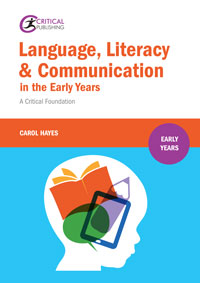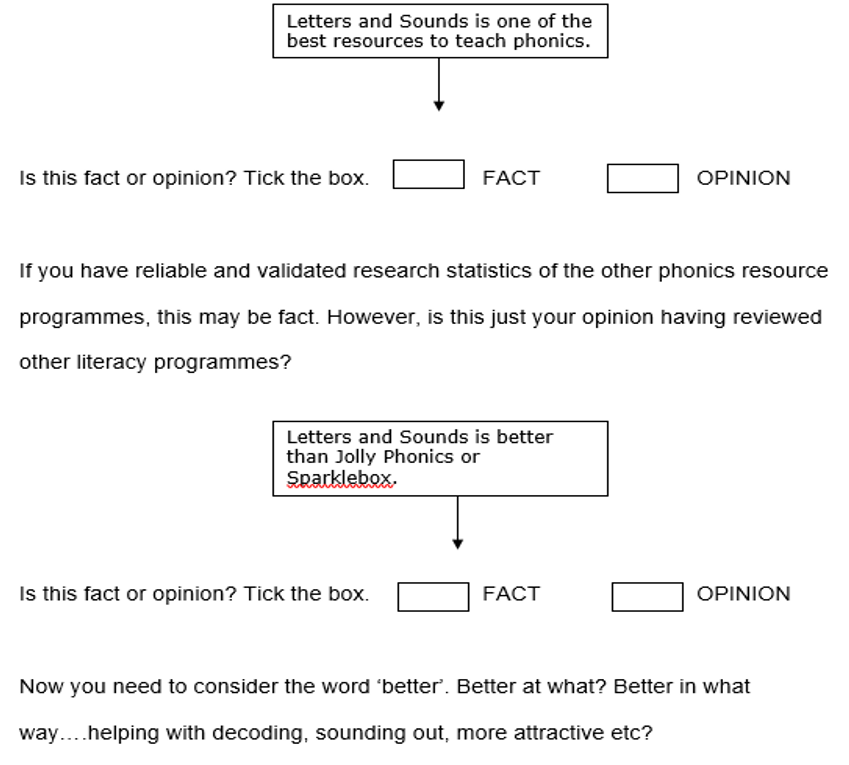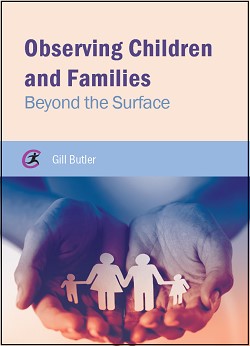YOUNG REFUGEES AND ASYLUM SEEKERS, THE TRUTH ABOUT BRITAIN
by Declan Henry
Unpacked by the former editor and presenter, and SAC Cert, Mediation & Negotiation – SAC Cert, Foundation of English Law – Richard O-Brien
Now I am going to be fully honest here and say that YOUNG REFUGEES AND ASYLUM SEEKERS, THE TRUTH ABOUT BRITAIN is not the title of a book I thought I would ever pick up, let alone read. I suppose it is not a subject which I had any great interest in learning about. I know the author, Declan Henry, very well having interviewed him on Irish TV some ten years ago. I have kept in touch with Declan over the years and watched both his professional career as a Social Worker and as a successful writer of (some seven books to date) continue to flourish, much to his credit!
“As reader, I get the impression that the author knows many of these young children well. Having worked with many of them over the years, he has seen first-hand the real struggles and pain that they experience daily. “
The author explains that it is not enough to take these children in, but they must also be cared for as they learn to adjust to a different life in Britain. Many have come from complex situations, including war torn countries, and the scars that they bring can remain with them for many, many years.
Along with many others in this country, I was under the impression that when these poor children and young adults get to Britain, life becomes happy ever after; but that is truly not the case. In fact, for many, the nightmare is only just beginning. The myths that many of these children and young adults are put up in grade A hotels when they arrive here in Britain is quickly dispelled when the author uncovers the harsh living conditions that many face for months on end. Food is often poor, there is lack of real supervision, and many become vulnerable.

YOUNG REFUGEES AND ASYLUM SEEKERS, THE TRUTH ABOUT BRITAIN is a fascinating insight into the world of Refugees and Asylum seekers here in the UK and Ireland. The author must be congratulated for the time and effort spent researching for this book which can only mean that the reader is getting the full truth about the very difficult and often highly dangerous journey that many of these poor children and young adults face. The author is highly academically qualified to write such a book, having gained a Master of Science degree in Mental Health, and having been a qualified Social Worker since 1993. As reader, I get the impression that the author knows many of these young children well. Having worked with them over the years, he has seen first-hand the real struggles and pain that they experience daily.
The book will appeal to a very wide readership, including those professions which are likely to come into contact with many of these children and young adults in the course of their work. A great read then for the legal profession, Social Workers, Youth Workers, Police officers, Prison Officers, the Probation Service, NHS staff, and indeed those of us who want to gain a real and better understanding of what it is like to be a Young Refugee and Asylum Seeker living here in Britain. I think the reader, having read this book, would be hard pressed not to have some genuine empathy for their plight and suffering. I commend the author greatly, It is a really superb read!
For more information on the author: www.declanhenry.co.uk
Richard O’Brien, SAC Cert, Mediation & Negotiation – SAC Cert, Foundation of English Law
Past, Editor of The Irish Community News, TV & Radio Presenter



